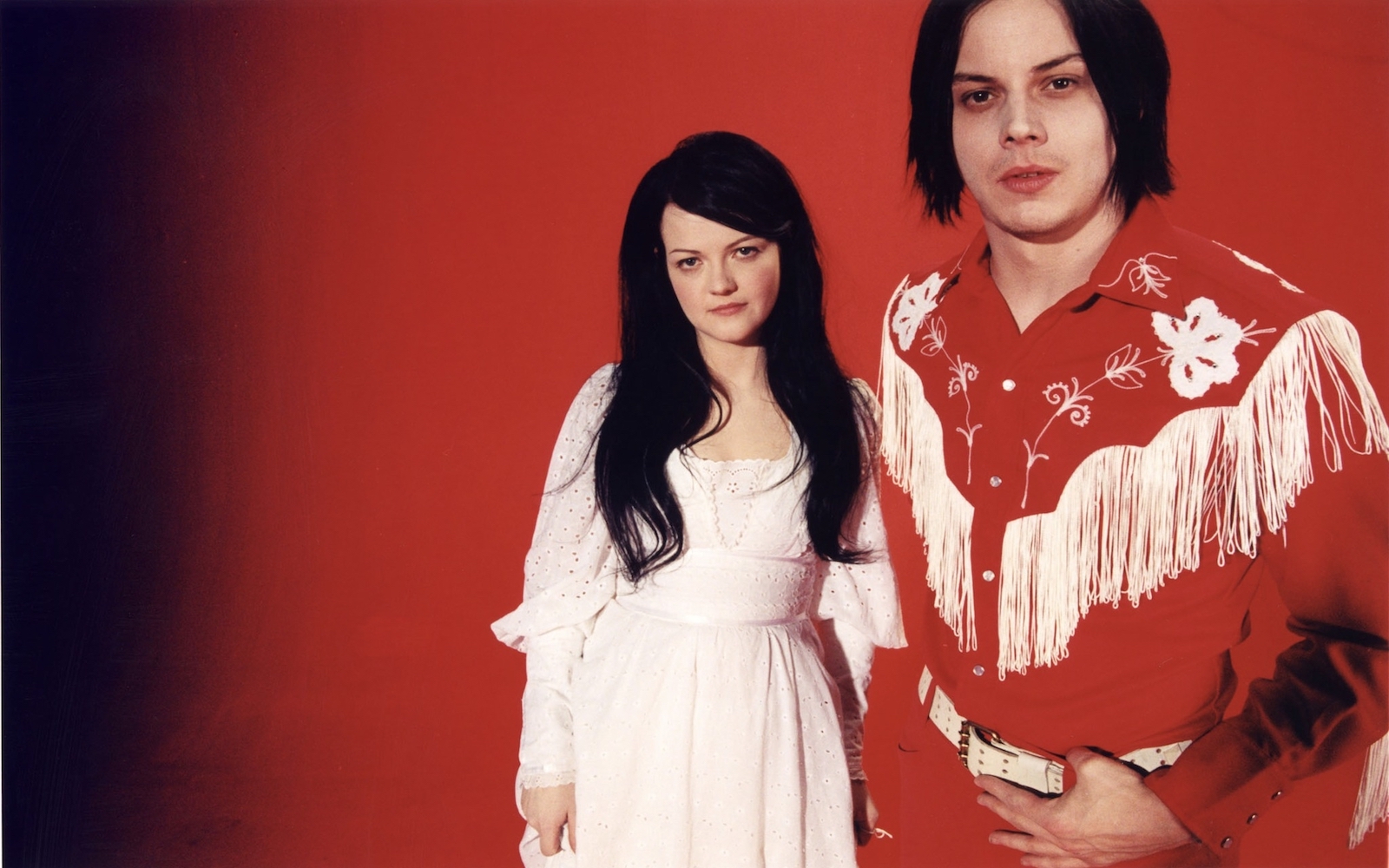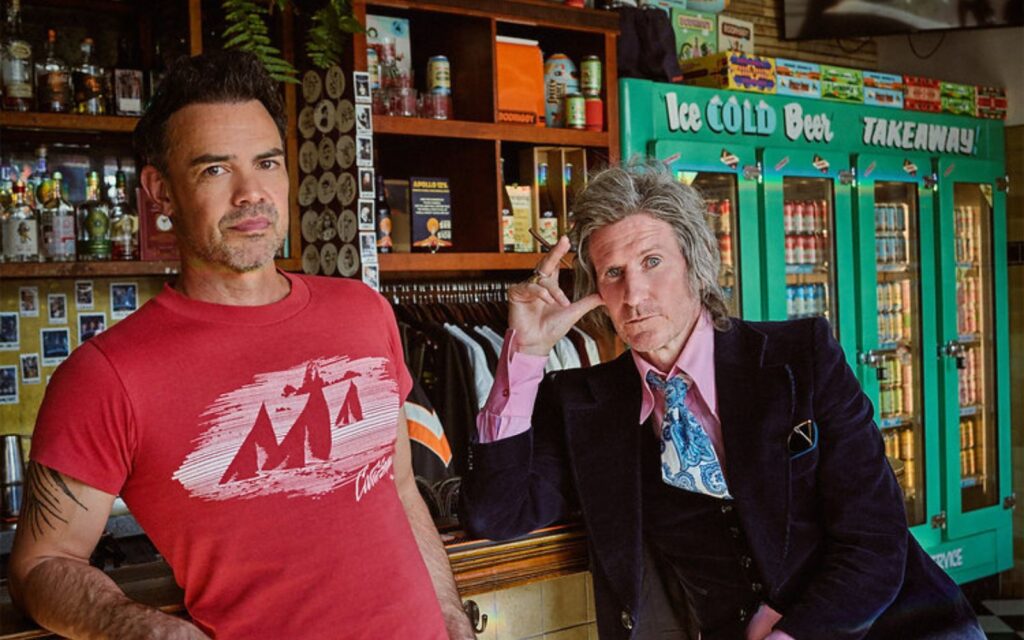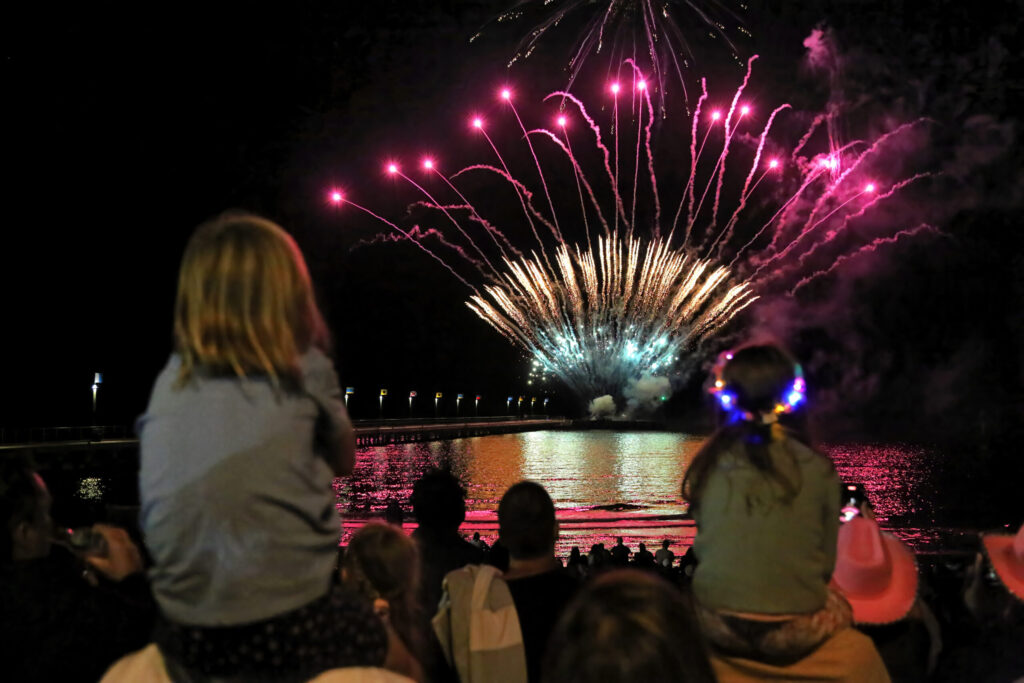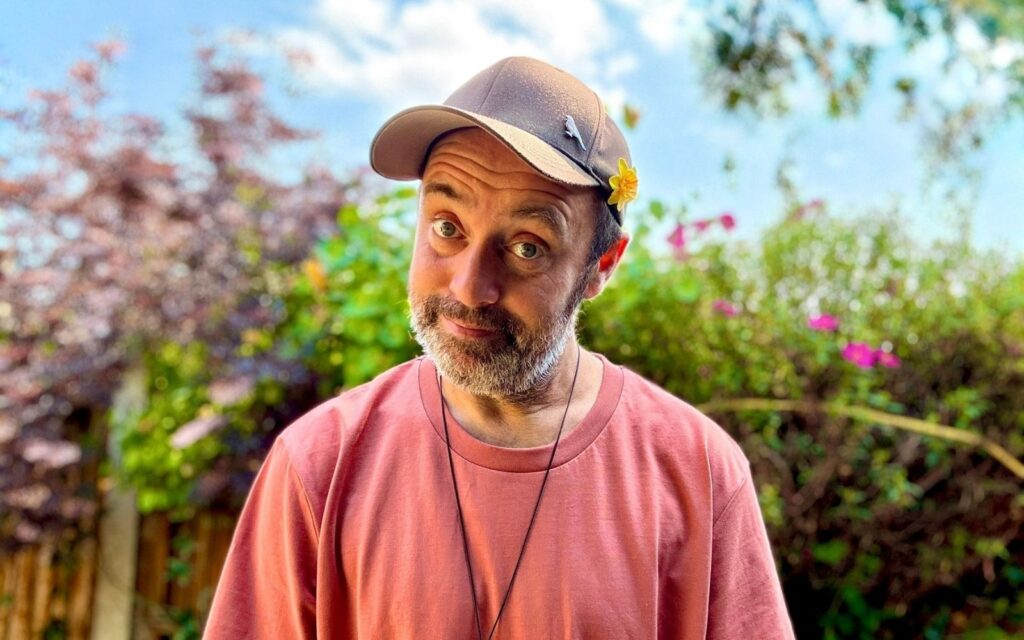Can you imagine being a part of musical history? Something which people still talk about decades down the line? Well, for a group of White Stripes fans at the Corner Hotel back in January 2002, that was exactly what happened.
You’ve probably heard all those stories over the years about people who were at that gig. No, not any gig in particular, but one that left you seething with jealousy. Maybe it was Thom Yorke’s DJ set in Sydney back in 2012, maybe it was Prince’s set at Bennett’s Lane in Melbourne that same year, or maybe it was Black Sabbath’s appearance at South Australia’s Myponga Pop Festival in 1971? (Probably not).
But back in 2002, The White Stripes hit up Melbourne for a gig that would effectively change musical (and sporting) history. That might sound bold, but stick with us here.
Keep up with the latest music news, features, festivals, interviews and reviews here.
In 2001, The White Stripes dropped their third album White Blood Cells, setting themselves up as one of the bands in the early ‘00s garage-rock revival. Having already had a successful visit to Australia the previous year, the new record brought them over to Australia in January 2002 for an even bigger run of shows.
In late January, the group played two headline dates at The Corner Hotel. Supported by The Datsuns, it was – by all accounts – a corker of a gig. But just before the night kicked off, the customary soundcheck took place. While Meg White was behind the kit, Jack White was up the front, and as he fiddled around on his guitar, he hit upon the iconic riff to the now-ubiquitous Seven Nation Army.
Ben Swank, who co-founded Third Man Records with Jack White, was there at the time. “I was playing it for Meg and he was walking by and I said, ‘Swank, check this riff out’,” recalled White. “And he said, ‘It’s OK.’”
“Weirdly enough, I didn’t like it,” Swank remembered. “I said, ‘I don’t know man, you can do better.’”
Maybe White thought he could do better, because he didn’t rush to release the track right away, rather, he pocketed it just in case the opportunity to pen the theme song to a James Bond movie should ever come up. Only a couple of months later, White’s apparent grandiose plans fell by the wayside and he was in the studio recording what would become Seven Nation Army.
The opening track to their fourth album, 2003’s Elephant, Seven Nation Army was a revelation right from the start. The simple drums and hypnotic riff saw the track rocket up the charts, hitting #2 in Triple J’s Hottest 100 countdown, and winning Best Rock Song at the Grammys (beating out the likes of Bruce Springsteen).
But it was what happened after all this quite remarkable fame. After all, how does something catch on and become part of the zeitgeist? Furthermore, part of the zeitgeist of the sporting world?
Go to any sporting match these days and you’ll likely hear songs either played or sung at the event which are intended to amp up the crowd. Likely, you’ll find that no song gets the blood pumping more than Seven Nation Army.
According to a deep dive by Deadspin back in 2012, Belgium’s Club Brugge KV began chanting the song during an October 2003 game against Italy’s A.C. Milan. Their win saw the track adopted as their unofficial anthem, and as the popularity grew, it has since become an integral part of the football culture.
Even White commented on the phenomenon, noting “Nothing is more beautiful in music than when people embrace a melody and allow it to enter the pantheon of folk music.”
These days, it’s hard to find a sport in which Seven Nation Army doesn’t evoke a sense of unity, sportsmanship, and camaraderie. It’s become a staple of American football, basketball, baseball, ice hockey, wrestling, and boxing, and its use in the world of soccer almost seemed to come full circle when Melbourne Victory would play the track during goals on their home ground – AAMI Park; just down the road from the Corner Hotel.
Find yourself at just about any sporting event and you’ll find Seven Nation Army bringing together fans from all walks of life. Could any other song have such a unifying experience in the world of sport? Maybe the likes of AC/DC’s Thunderstruck, which already has that effect on people, or Neil Diamond’s Sweet Caroline, which gets just about any party going, it seems, but none of them were recorded at The Corner, were they?
Oh, and for those playing at home, maybe Jack White should have held onto Seven Nation Army for a James Bond film. After all, in 2008, he was tapped to record the theme song to Quantum Of Solace. Without his trusty riff, he instead worked with Alicia Keys to craft Another Way To Die, which was again nominated for a Grammy.
Regardless of whether you’re a fan of the track, can’t stand it, or are somewhere in between, there’s no denying that the world of rock music wouldn’t be what it was had The White Stripes not booked a show at Melbourne’s humble Corner Hotel.
Keep up with the Corner Hotel here.







